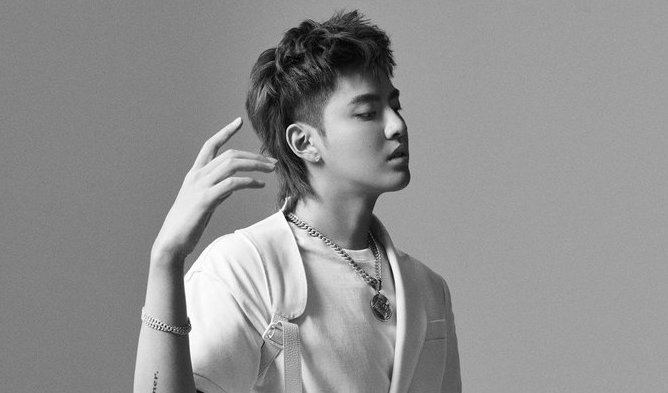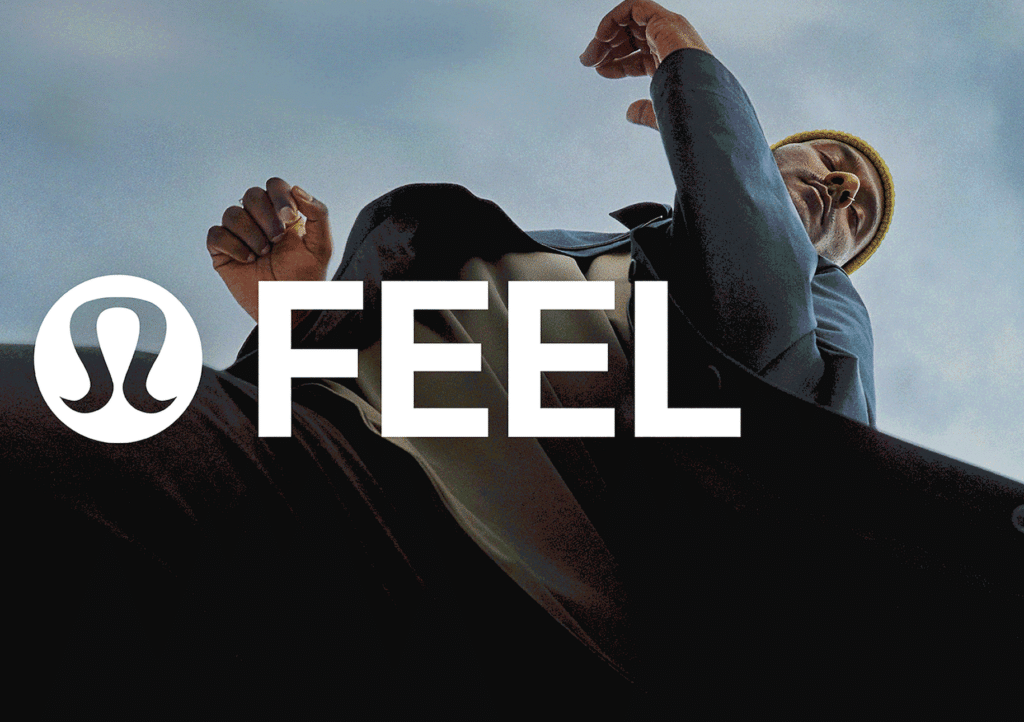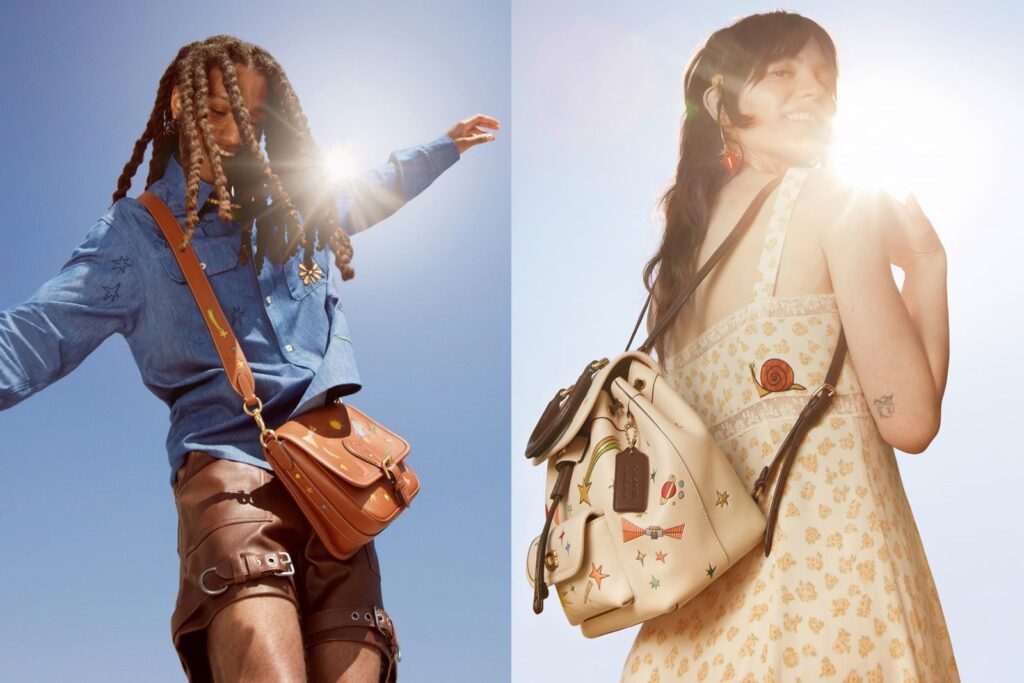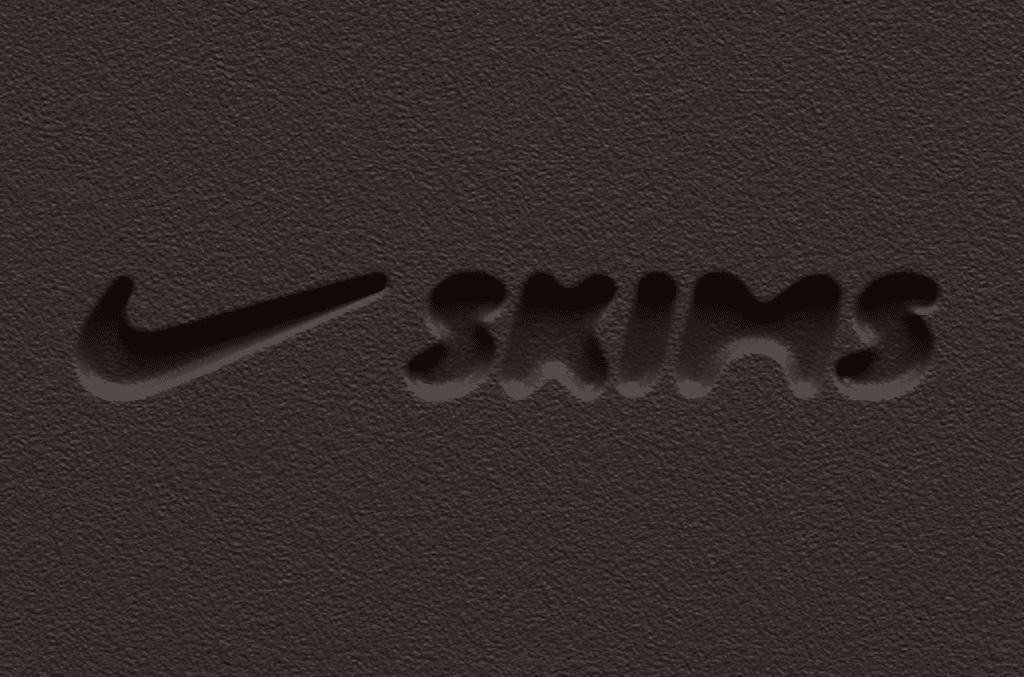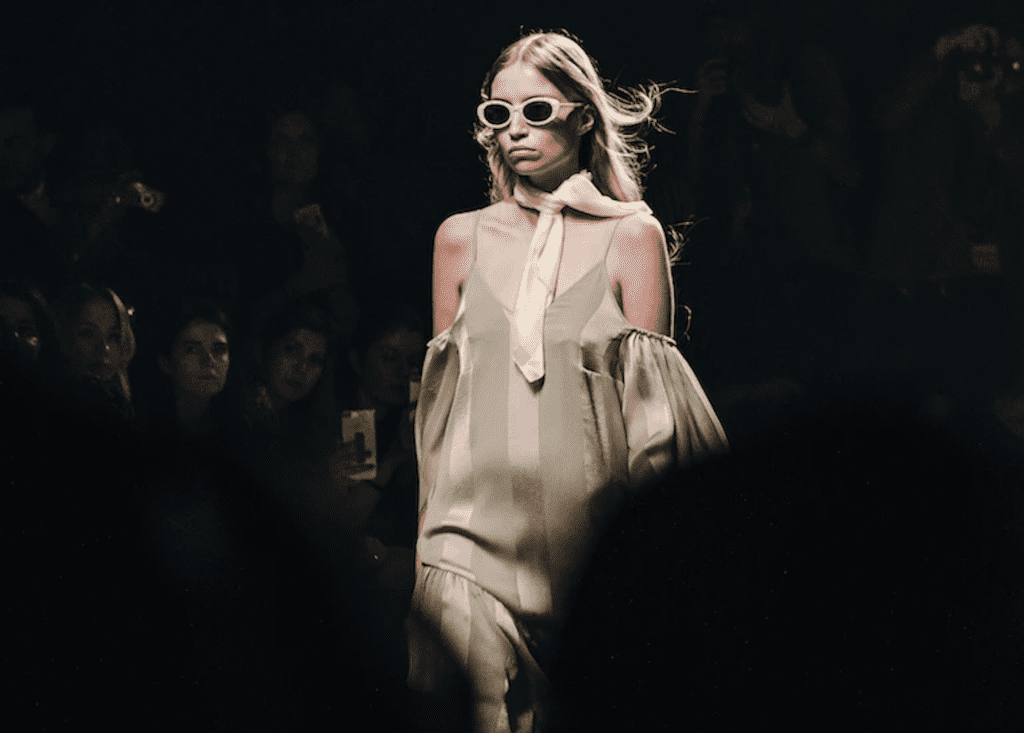In case you need solid proof that Korea – and its cultural exports – are worth betting on, look no further than LVMH Moët Hennessy Louis Vuitton, the parent company of Louis Vuitton, the world’s most valuable luxury brand. The Paris-based conglomerate has had its eyes on the East for years, and thanks to its private equity arm, is banking on the influence that South Korea maintains in terms of culture not only within its own borders but in China and increasingly, in the West, as well.
Within the past several years, LVMH – by way of L Catterton Asia (its private equity unit) – has taken significant stakes in three Korean entities: Gentle Monster, a budding young eyewear brand; CLIO Cosmetics; and last but not least, YG Entertainment, one of the nation’s leading K-pop management firms.
Add to LVMH’s eagerness to invest in Korean companies the interest of the fashion industry – as a whole – in the country’s biggest stars. Chanel and Fendi – brands where Karl Lagerfeld is in creative control – continues to tap K-Pop stars to appear in its campaigns and sit in the front row of its runway shows.
A broader attempt to reach coveted young consumers in Asia can also be seen in the brand’s ad campaigns. Louis Vuitton’s menswear division, under the watch of Virgil Abloh, has tapped former EXO-M band member Kris Wu, for its men’s tailoring campaign. In recent seasons, China-born Wu has walked for (and served as a brand ambassador for) Burberry, while gracing magazines covers for Vogue Me, Vogue China, Cosmo, and L’Officiel, among others. EXO’s Kai has been brought into the fashion fold by Gucci.
New York-based brand Alexander Wang, which is known for forward-thinking selection of musicians for ad campaigns and show soundtracks – has taken a particular liking to G-Dragon and CL, as have Jeremy Scott, Juun. J, and former Saint Laurent creative director Hedi Slimane, who notoriously gave longtime fan G-Dragon first dibs on his debut collection for Saint Laurent.
These brands are joined by Burberry and no shortage of other big-name entities, which continue to tap into the selling power of these famous figures, as well. The British brand, which helped open the Spring/Summer 2018 shows in London (with a See Now-Buy Now Fall/Winter 2017 collection), invited Winner bandmates MINO and HOONY to London for the event.
Not up on Winner? The boyband – which, along with G-Dragon’s BigBang, falls under the umbrella of YG – has seen major success thus far in 2017 after returning from a year-long hiatus. The group revamped after losing lead vocalist Nam Tae Hyun, and as Billboard recently put it, “has quickly picked up momentum as one of Korea’s most promising boy bands between the four singles they released on ‘Our Twenty Four’ and ‘April’s Fate Number Four,’ which featured ‘Really Really’ and the ballad ‘Fool.’”
“Though lineup changes often spell disaster for K-pop groups,” writes Billboard’s Tamar Herman, “the now-quartet has turned things around to revel and show a distinct musical style between the four songs, offering up a softer style than is typical under their label, YG Entertainment, which also houses BIGBANG and Blackpink.”
And still yet, the group’s members have been making their marks in the fashion industry from the outset. In 2014, the group took home Style Icon Asia’s “New Icons” award, followed by the “Awesome K-Style” award in 2016. They have made waves with editorials in magazines, including InStyle, Elle, W, Nylon, Marie Claire, and GQ, thanks to their penchant for personal style; their looks often consist of brands ranging from established names like Gucci, Loewe, Louis Vuitton, and Saint Laurent to more street-inspired wares such as those from Gosha Rubchinskiy, Supreme, Off-White, and Alyx.
Meanwhile, Tommy Hilfiger, which descended upon London for its own See Now-Buy Now affair last year welcomed EXO’s Chanyeol to its front row, causing no shortage of a fan frenzy. EXO – the South Korean-Chinese boy band, formed by S.M. Entertainment in April 2012 and broken into two subgroups, EXO-K and EXO-M, promoting in South Korea and China separately – has garnered traction amongst the fashion industry both online and on the runway.
Fashion’s continued obsession with these young talents – both for their music and their celebrated sense of style – sheds light on even bigger takeaway: Korea is increasingly the home of influence that fashion brands simply cannot afford to ignore.




